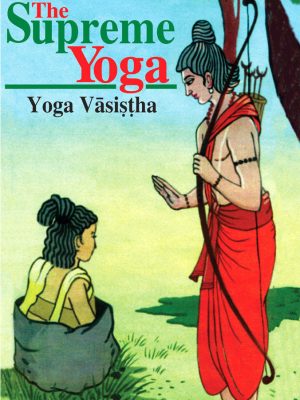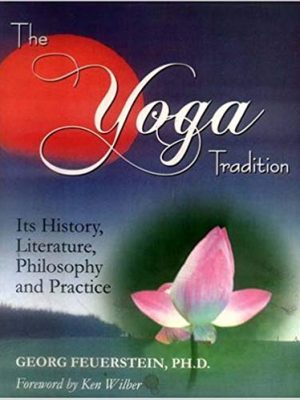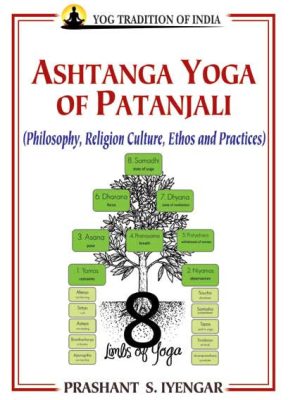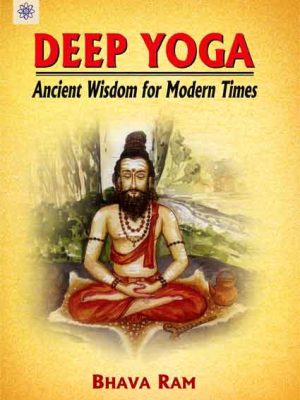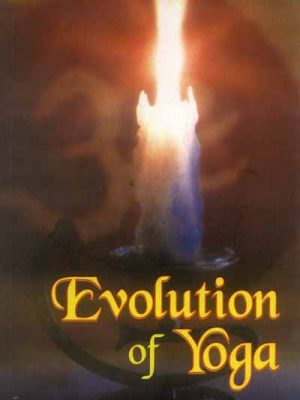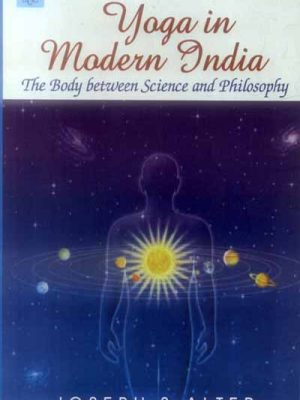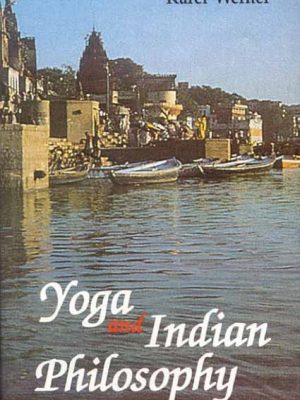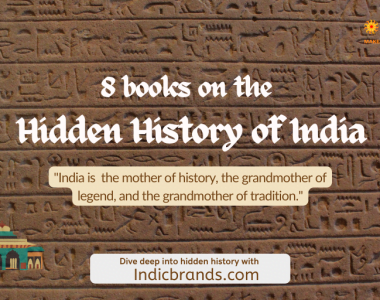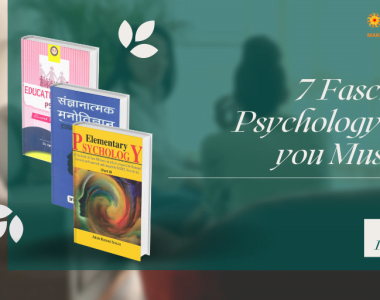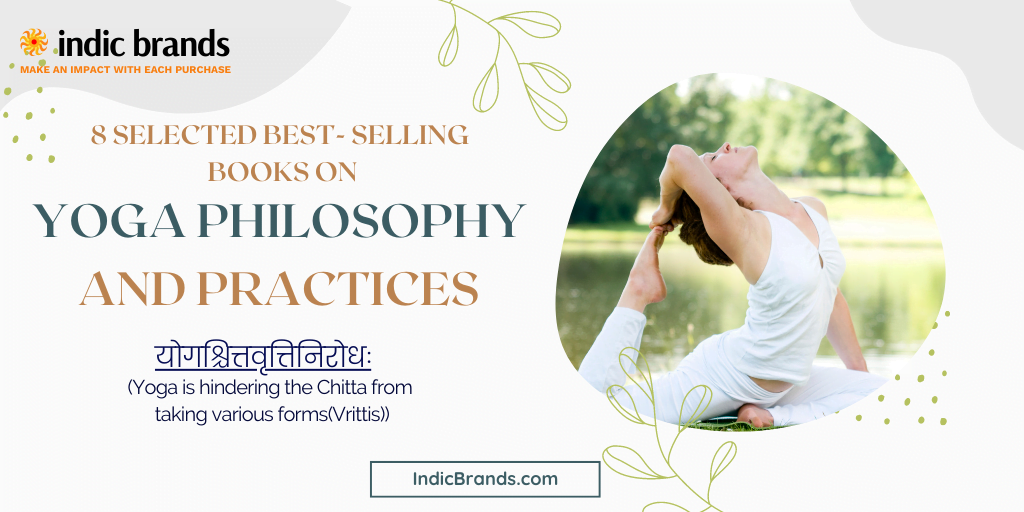
समत्वं योग उच्यते
eveness of mind is known as yoga
Yoga is a journey toward your true self, towards your inner peace, and, towards the path of positivity. Yoga essentially is a traditional and time-honored Indian holistic system of personal, physical, mental, and spiritual wellness focusing on the all-around unification of the body, mind, and soul. Yoga is a way to learn and understand spiritual India. The origin of yoga is considered to be as old as human civilization. As per the Vedas, the Vedic Period is the origin of yoga in India. Yoga was considered a way to connect with the invisible world and revolved around a sacrifice – a sacrifice of the self. Thereby, Vedic yoga is considered a root of yoga. A master of Vedic yoga was known as Rishi. This traditional activity is also found in the pages of the Bhagavad Gita and Upanishads. It forms an integral part of Hinduism that practices certain activities to ensure freedom from negativities and attainment of spirituality.
In the yogic culture, Shiva is not only known as a God but also as the Adiyogi or the first Yogi. Lord Shiva, among the great deities of Hinduism, most personifies the practice of yoga. As Yogeshwar, the great lord of yoga, he rules over all aspects of yoga relative to body, mind, and consciousness. Shiva is the lord of asana practice with 84 lakhs of asanas said to have derived from his movements. As Nataraj, the lord of the dance, his dance, and gestures also reflect yoga postures.
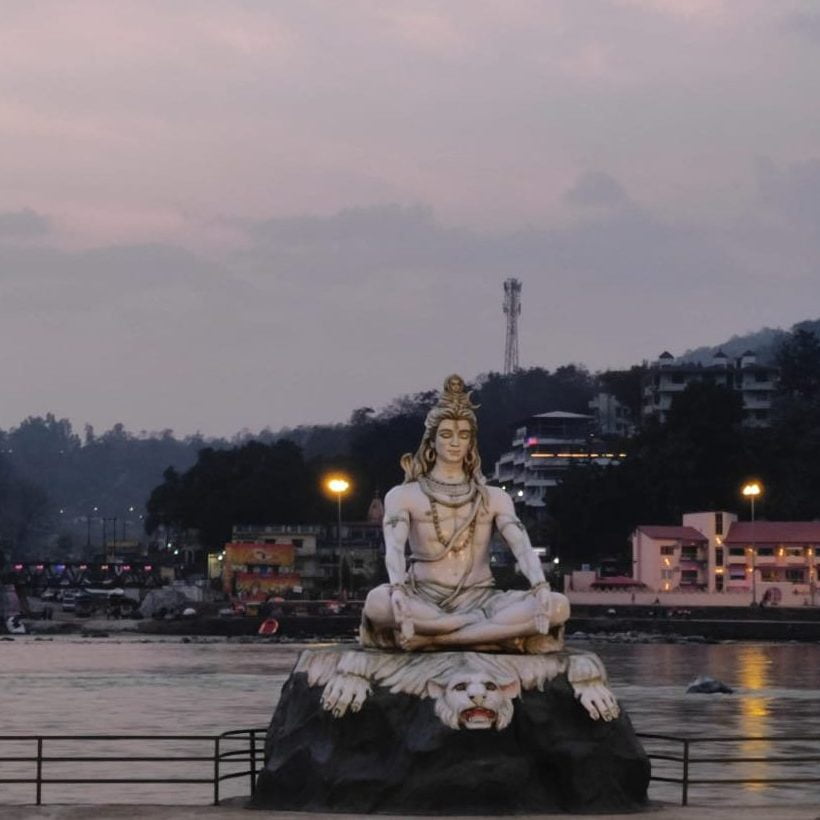
Rishikesh is also known as “yognagri” meaning the city of yoga, has been home to innumerable saints, rishis, and seekers over the years. Historically, the river banks and hills in the vicinity of the town were used by saints for yoga and meditation. Even today, there is no dearth of internationally-renowned yoga centres and ashrams. The most internationally acclaimed was the Chaurasi Kutia Ashram of Maharishi Mahesh Yogi, which once hosted celebrities such as Mia Farrow, Mike Lee, Mick Jagger, and of course, The Beatles.

Books on yoga
-
 The Supreme Yoga : Yoga Vasistha₹595.00
The Supreme Yoga : Yoga Vasistha₹595.00
The Yoga Vasistha has been a favorite book of spiritual seekers in India these several centuries. Its special appeal lies in its thoroughly rational approach, and in its presentation of Vedanta as a philosophy to bridge the gulf between the secular and the sacred, action and contemplation, in human life, through a comprehensive and lofty spirituality. This monumental scripture is of the greatest help to the spiritual awakening and the direct experience of the Truth. If this is what you seek, you are welcome to the Yoga Vasistha.
An oft-recurring expression in this scripture is ‘kakataliya’-a crow alights on the coconut palm tree and at that very moment a ripe coconut falls. The two unrelated events thus seem to be related in time and space, though there is no causal relationship. Such is life. Such is ‘creation’. But the mind caught up in its trap of logic questions why, invents a ‘why’ and a ‘wherefore’ to satisfy itself, conveniently ignoring the inconvenient question that still haunts an intelligent mind. Vasistha demands direct observation of the mind, its motion, its notions, its reasoning, the assumed cause and the projected result, and even the observer, the observed and the observation-and the realization of their indivisible unity as the infinite consciousness.
The Yoga Tradition – Its History, Literature, Philosophy, and Practice is an authoritative treatment of the subject. The author has dedicated his life to the understanding and practice of Yoga and successfully established that Yoga is a systematic science; its teachings are an integral part of most religions, but Yoga itself is not a religion. The author has been able to make the reader believe that Yoga is not an esoteric Eastern philosophy, it is a practical, systematic, and scientific quest for perfection, as relevant today as it was in ancient times, as relevant in the West as it is in the East. A complete overview of the great Yogic traditions of; Raja-Yoga, Hatha-Yoga, Jnana-Yoga, Bhakti-Yoga, Karma-Yoga, Tantra-Yoga, Kundalini-Yoga, Mantra-Yoga, and many other lesser-known forms. Includes translations of over twenty famous Yoga treatises, like the Yoga-Sutra of Patanjali, and a first-time translation of the Goraksha Paddhati, and ancient Hatha Yoga text. This will certainly prove to be an authoritative reference encyclopedia for all those who are keen to understand the history, concept, faith, philosophy, and practical aspects of this science which have its roots deep in Indian soil.
Ashtanga Yog means “eight-limbed yog” according to Patanjali System. These limbs are: Yama, Niyama, Asana, Pranayama, Prathyahara, Dharana, Dhyana and Samadhi.
It is a rich fabric of the human mind, psyche, and conscience such as “Yog for one and all”. This book provides deep knowledge of the Ashtanga Yog of Patanjali with philosophy and practices. Both aspects are very important in reaching the final destination. Without practice, philosophy is just theory and one can’t obtain the higher yog. The spiritual seekers, who cannot adopt the Anushasana of Patanjali, need to have a ladder to reach Patanjali’s launch point of Yog.
The Yogopanishads posit that Ashtanga Yog is a fount-hole of all various yog. Then there are different yog on different levels. The first level is Ashtanga Yog. The second level is Mantra Yog of sixteen limbs. The third yog is Laya yog of nine limbs and the fourth yog is Hatha Yog of six limbs. These are graduations and not cults or schools. Classical yog was maintained intact until about the late 18th century. Then yog was slowly being compromised and was opened out to the greater mass of people.
The ancient and sacred Sister Sciences of Yoga and Ayurveda provide a pathway to profound self-healing, physical & mental vibrancy, and ultimately to Self-realization. Deep Yoga: Ancient Wisdom for Modern Times brings the timeless wisdom of Yoga and Ayurveda into our lives in personal and relevant ways, giving us a host of techniques to deal with the stress and anxiety that permeate our modern culture.
If we can learn to employ both Yoga and Ayurveda together, then we can not only avoid most of the pain and disease of body and mind, we can reach a level of spiritual happiness that cannot be disturbed by outer fluctuations of time and circumstances that are inevitable for everyone.
-
 Evolution of Yoga₹225.00
Evolution of Yoga₹225.00
If energy is not used up, energy saturated with toxic products is accumulated in the body causing different ailments which lead to chronic diseases such as heart disease, high blood pressure, diabetes, arthritis, chronic indigestion, etc. To solve this problem, scientists and sociologists have turned their attention toward our ancestors, their ways of living, their eating habits, and how they used to spend their leisure time. Their attention was drawn towards yoga because our ancestors used to lead their lives based on the principles of yoga.
This book is written to explore and explain how to spend our lives usefully by remaining connected with the supreme (nature) by yogic principles. We are a product of the past deeds of our ancestors (Pittri Karmas). Our soul is a part of Universal Cosmic Energy (Mother Energy) and our endeavor should be to purify the energy within us and around us to perfection while remaining connected to our Mother Energy. This can be achieved by following certain principles described in yoga, which are: ethical disciplines, rules of conduct, the health of the physicals body, correct breathing process, restraining of the senses, and meditation
Yoga has come to be an Icon of Indian culture and civilization, and it is widely regarded as being timeless and unchanging. Based on extensive ethnographic research and analysis of both ancient and modern texts, Yoga in modern India challenges this popular view by examining the history of yoga, focusing on its emergence in modern India and its dramatically changing form and significance in the twentieth century. Joseph Alter argues that yoga’s transformation into a popular activity idolized for its health value is based on modern ideas about science and medicine.
Meditative Yoga brings restful peace to both body and mind, and renewed energy in everyday life. Start tired and end refreshed as body, breath, and mind are united in slow, effortless movement. Students of meditative yoga gradually discover new ways of unlocking their inner strength. This book teaches a simple, classical meditative yoga different from many modern, more dynamic, and forceful versions of yoga practiced today.
Meditative Yoga – integrating body, breath and mind contain almost 150 illustrations. Step by step, they demonstrate more than 60 postures and practices. One section provides yoga programs for various levels – preliminaries, beginners, experienced and advanced. The book also introduces the reader to breathing practices and simple meditation techniques.
-
 Yoga and Indian Philosophy₹495.00
Yoga and Indian Philosophy₹495.00
While Indian Philosophy has been in our time the object of mainly academic interest Yoga has become in recent decades an object of widespread popular interest, particularly in the west. But from at least the time of the Upanisads till Aurobindo Yoga has been an important source of inspiration to philosophy in India and philosophy in turn has often provided an initial impetus and motivation for the practice of yoga and has produced various interpretations of Yogic experiences. It is therefore most appropriate that Yoga and Indian philosophy be given equal attention both in the context of academic research and in the framework of popularizing Yoga.
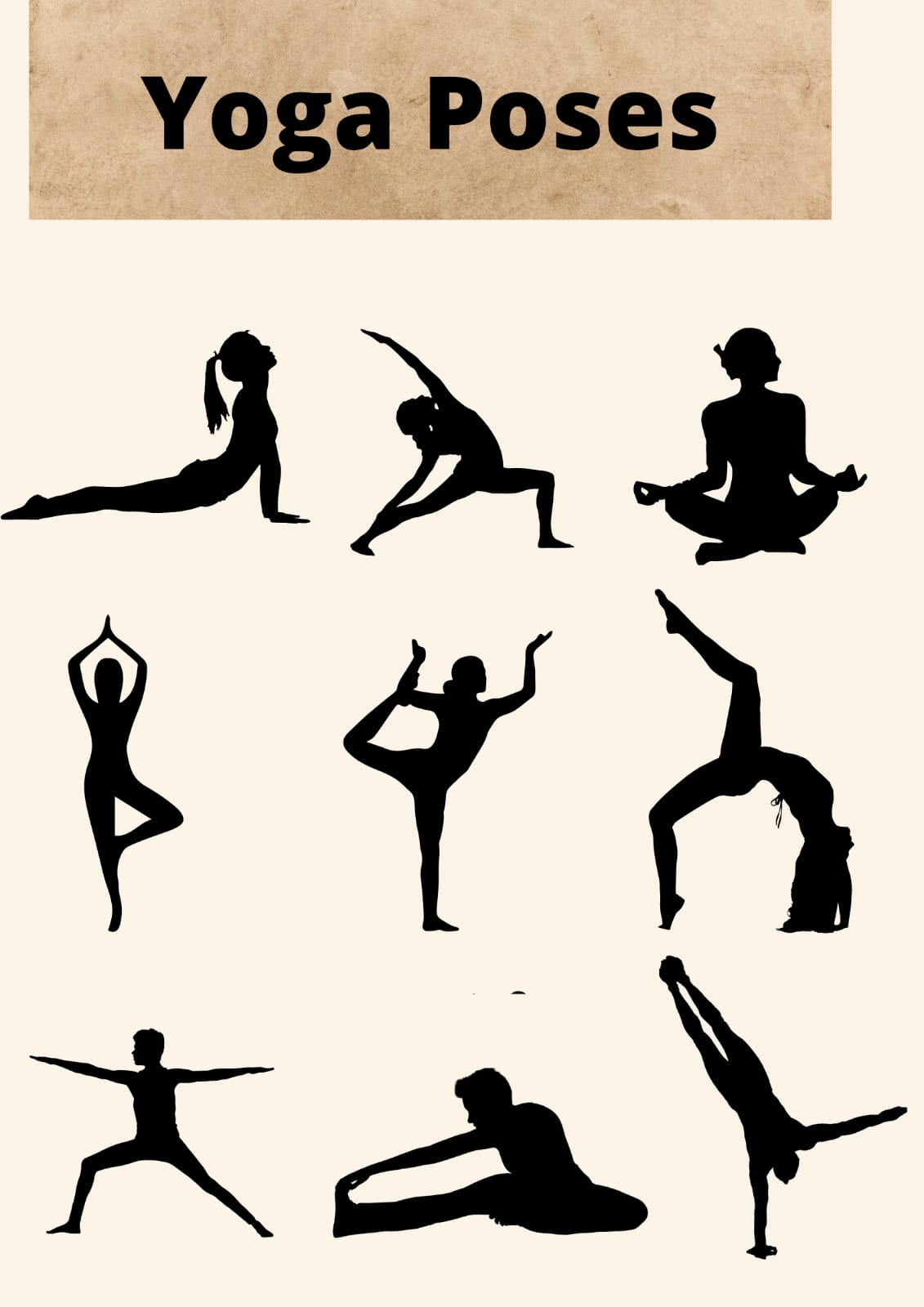
Yoga is considered to be as old as human civilization. Yoga has come to be an Icon of Indian culture and civilization, and it is widely regarded as being timeless and unchanging. The normal act of yoga advances strength, perseverance, adaptability, and works with qualities of benevolence, empathy, and more prominent restraint while developing a feeling of smoothness and prosperity. At Indicbrands, we have handpicked eight books that can help you learn about the origin of yoga, its philosophy, and its practices. You can read more books on yoga and various other topics on our website http://indicbrands.com, you can also read about Hinduism on our page at http://hindumediawiki.com and connect with us on our Twitter handle at http://twitter/indicbrands.com.
